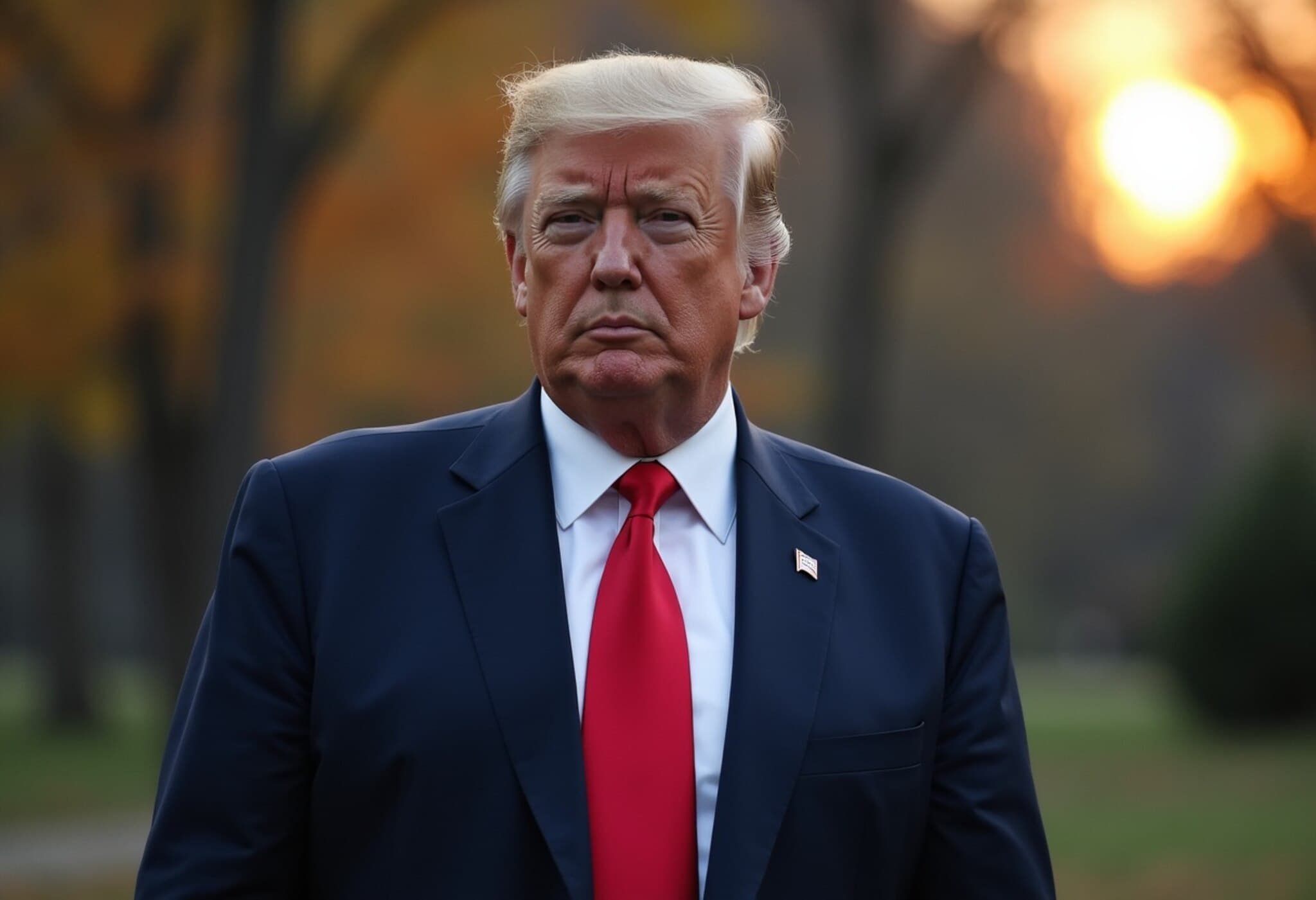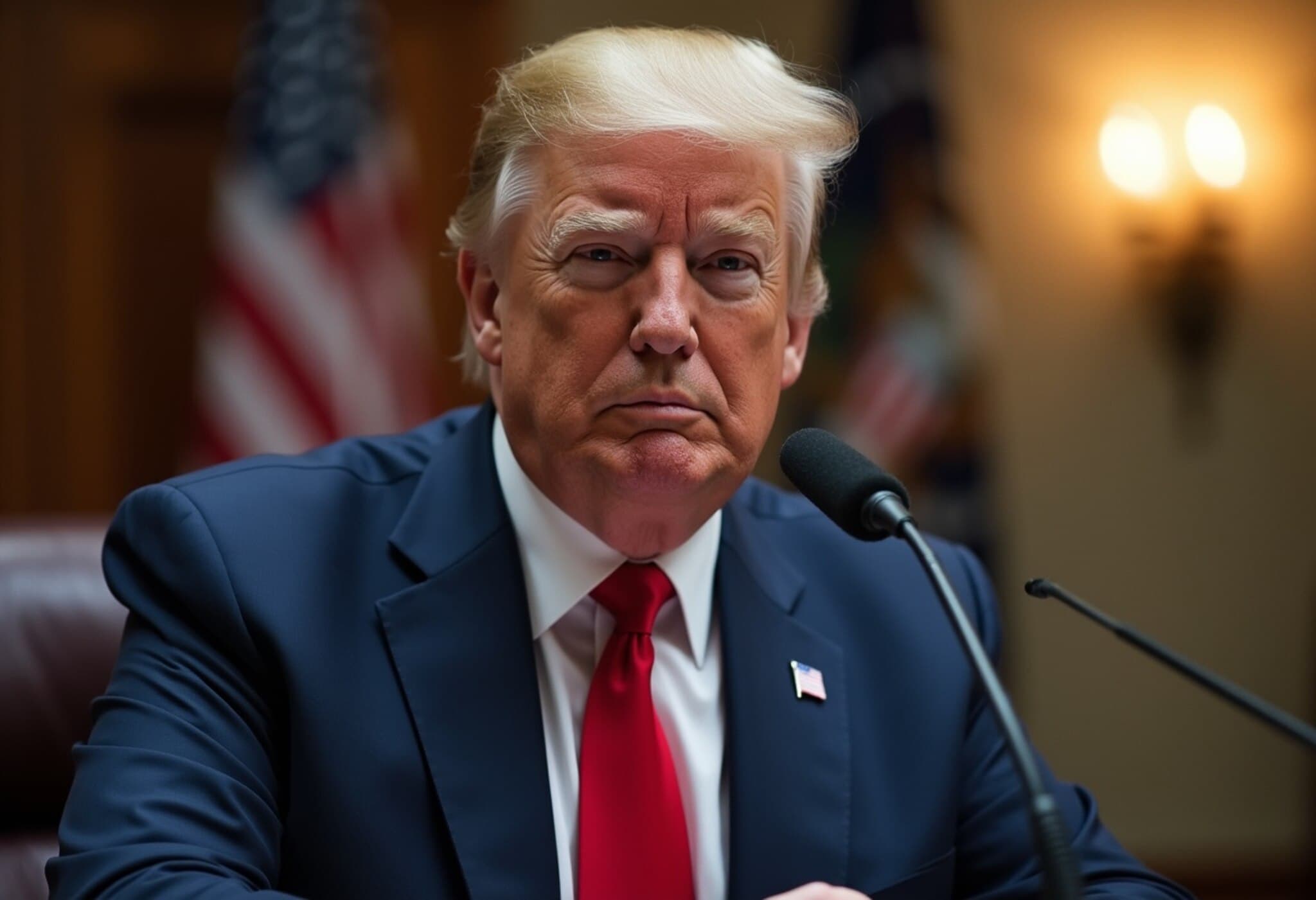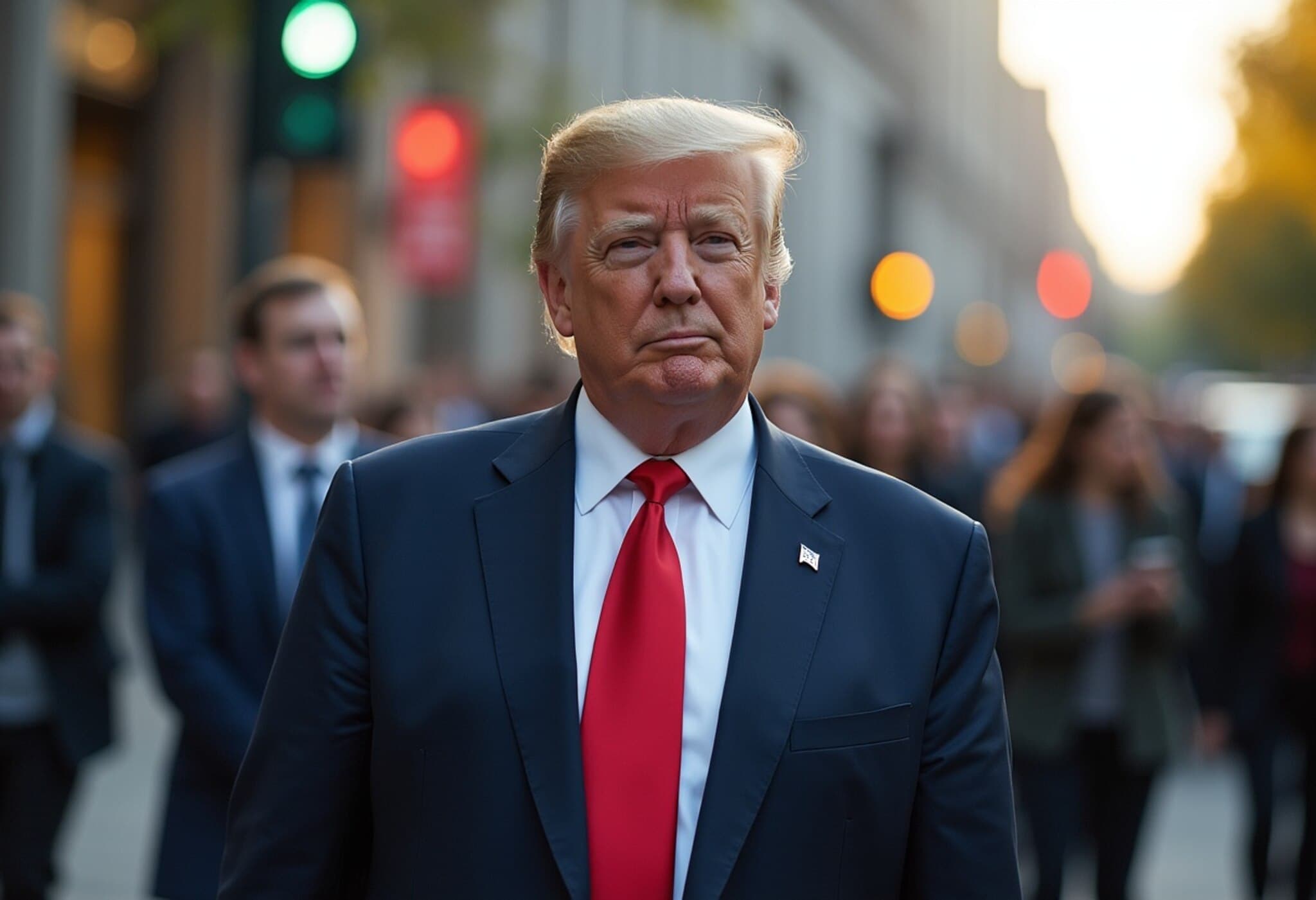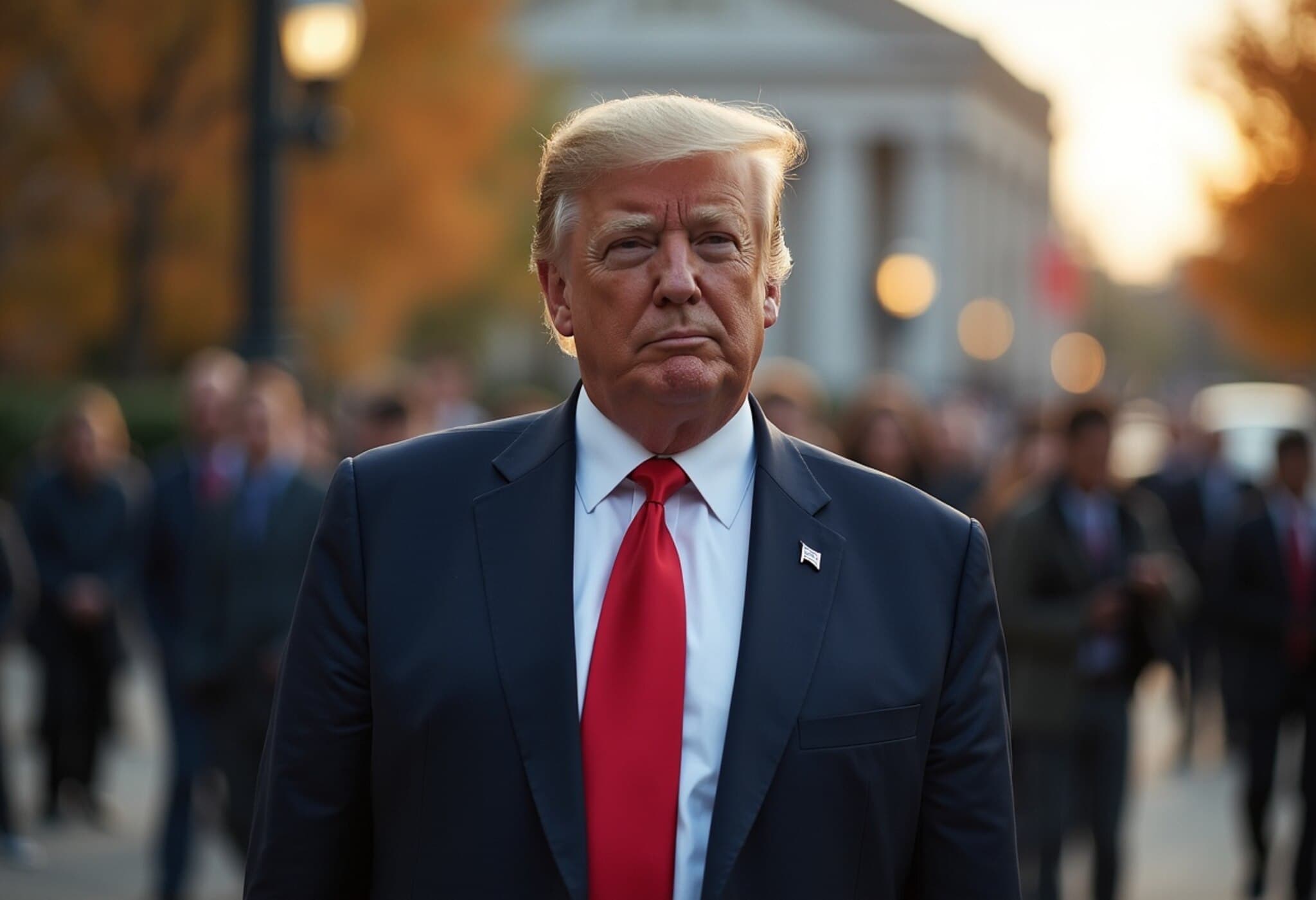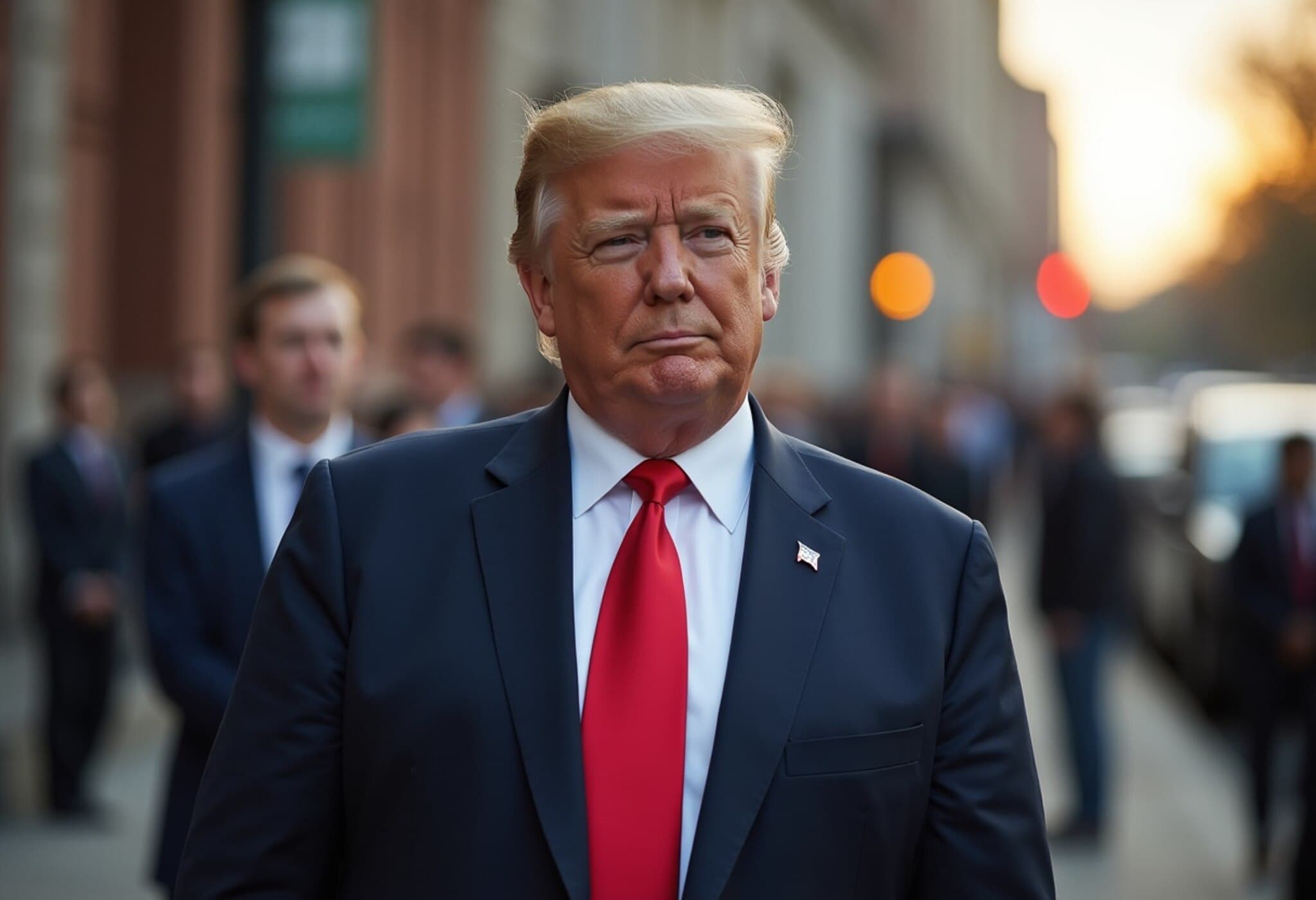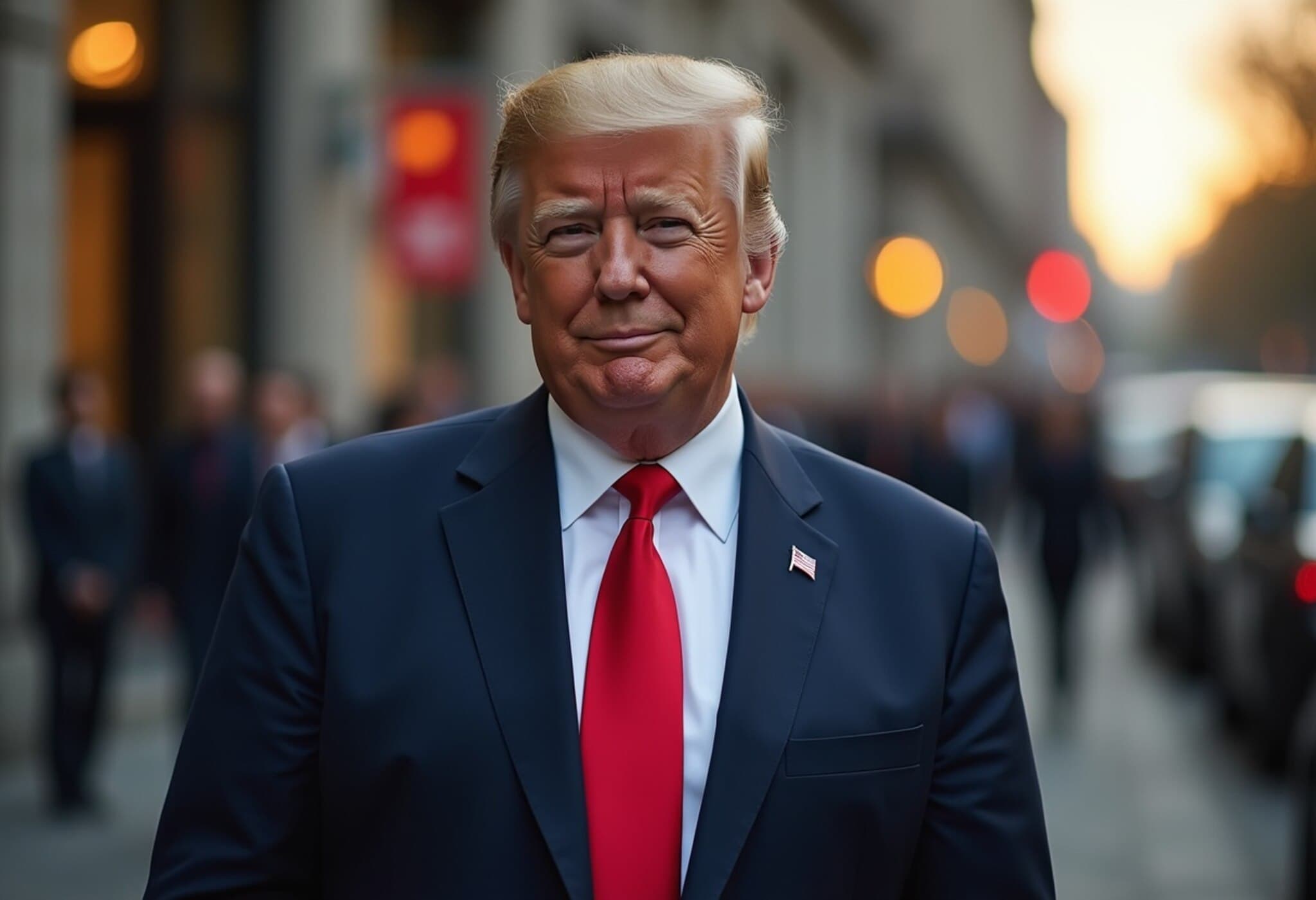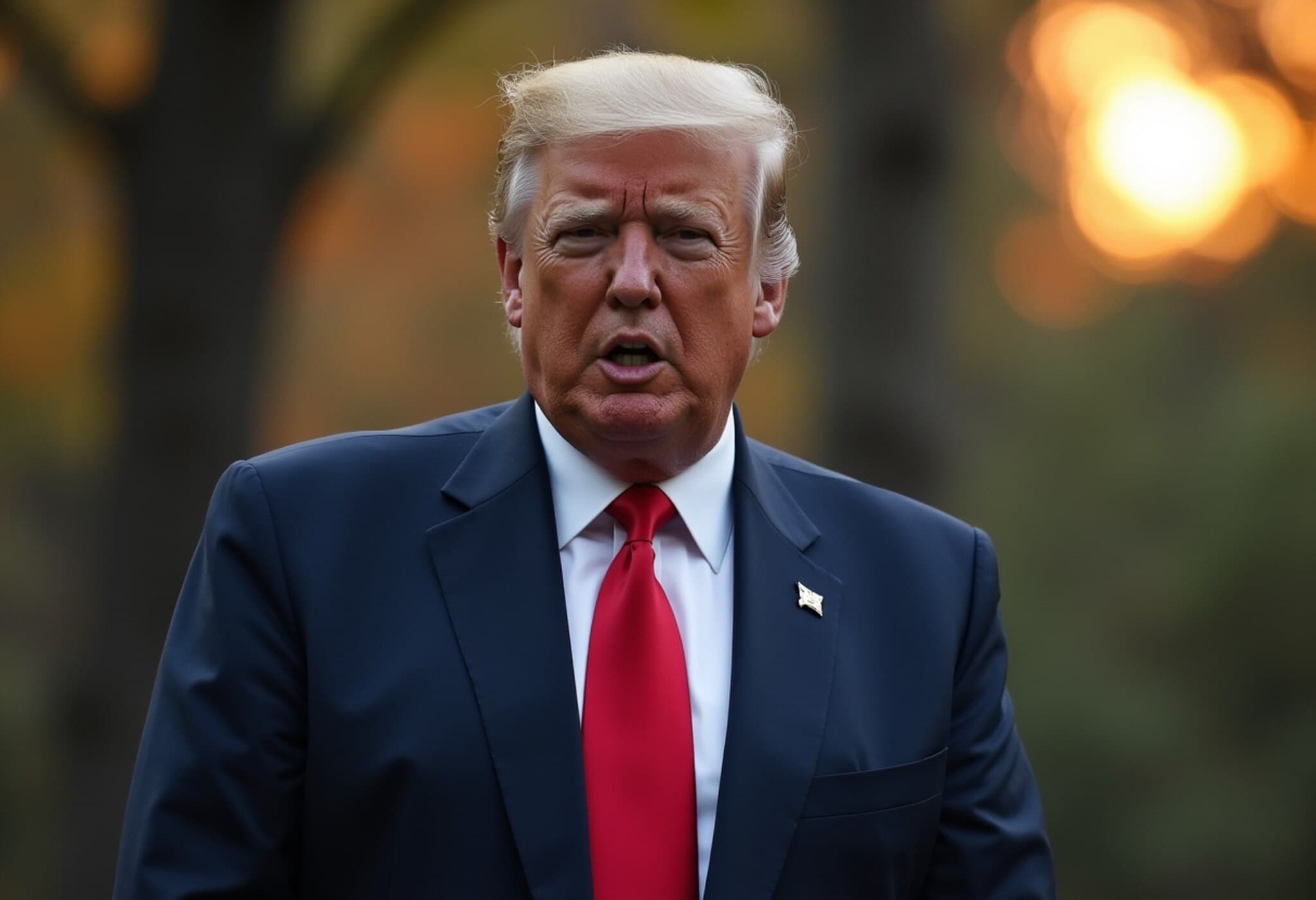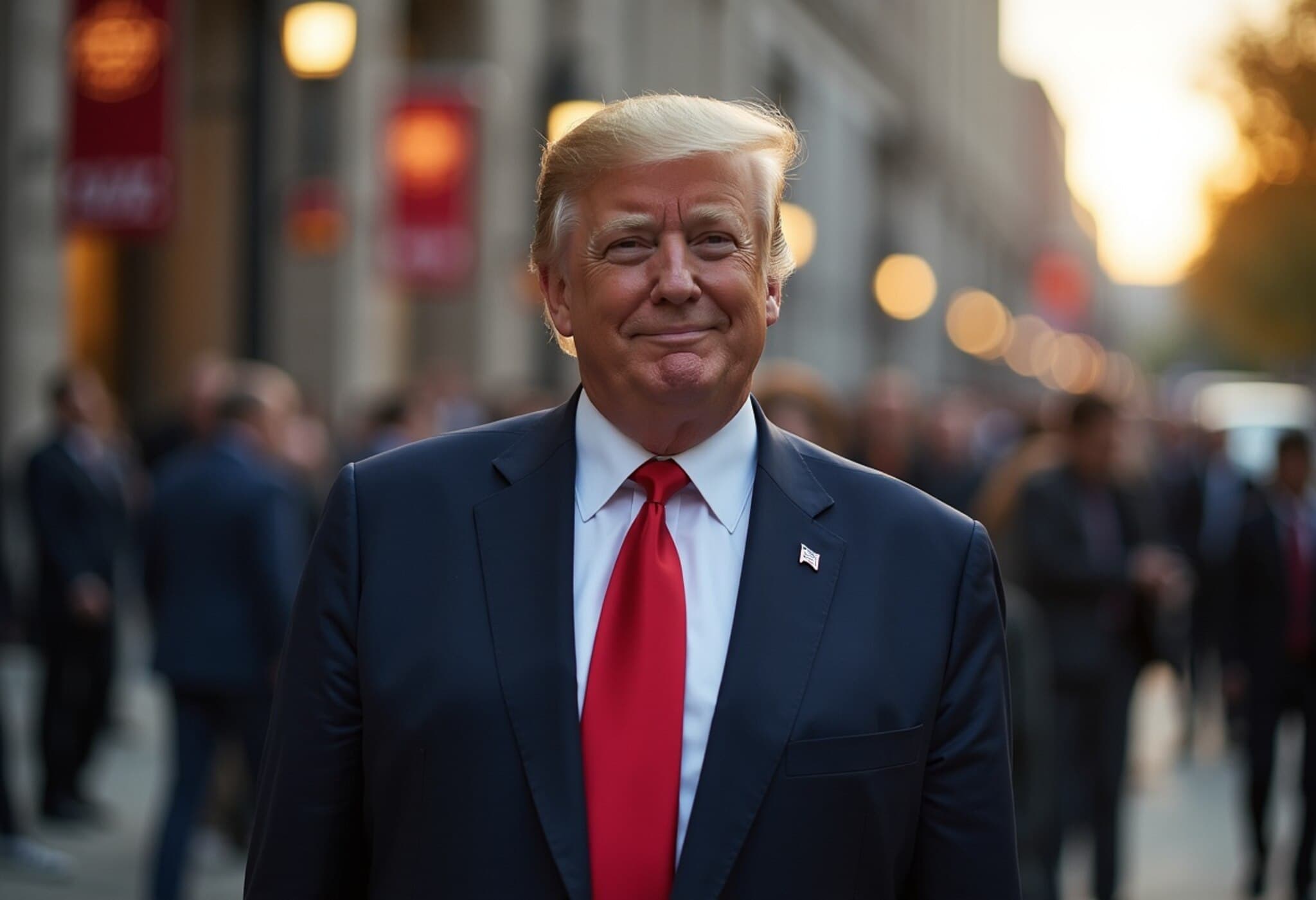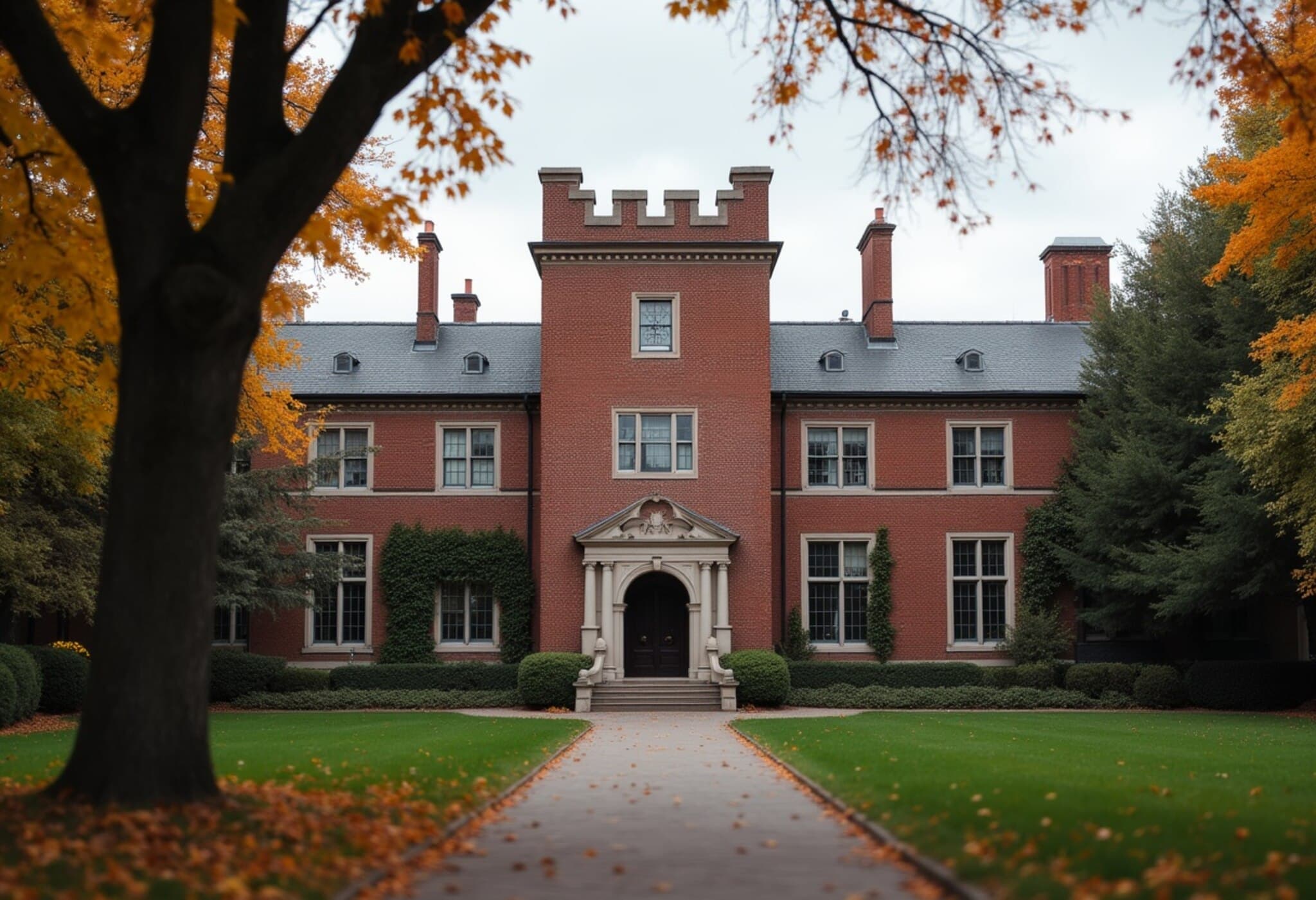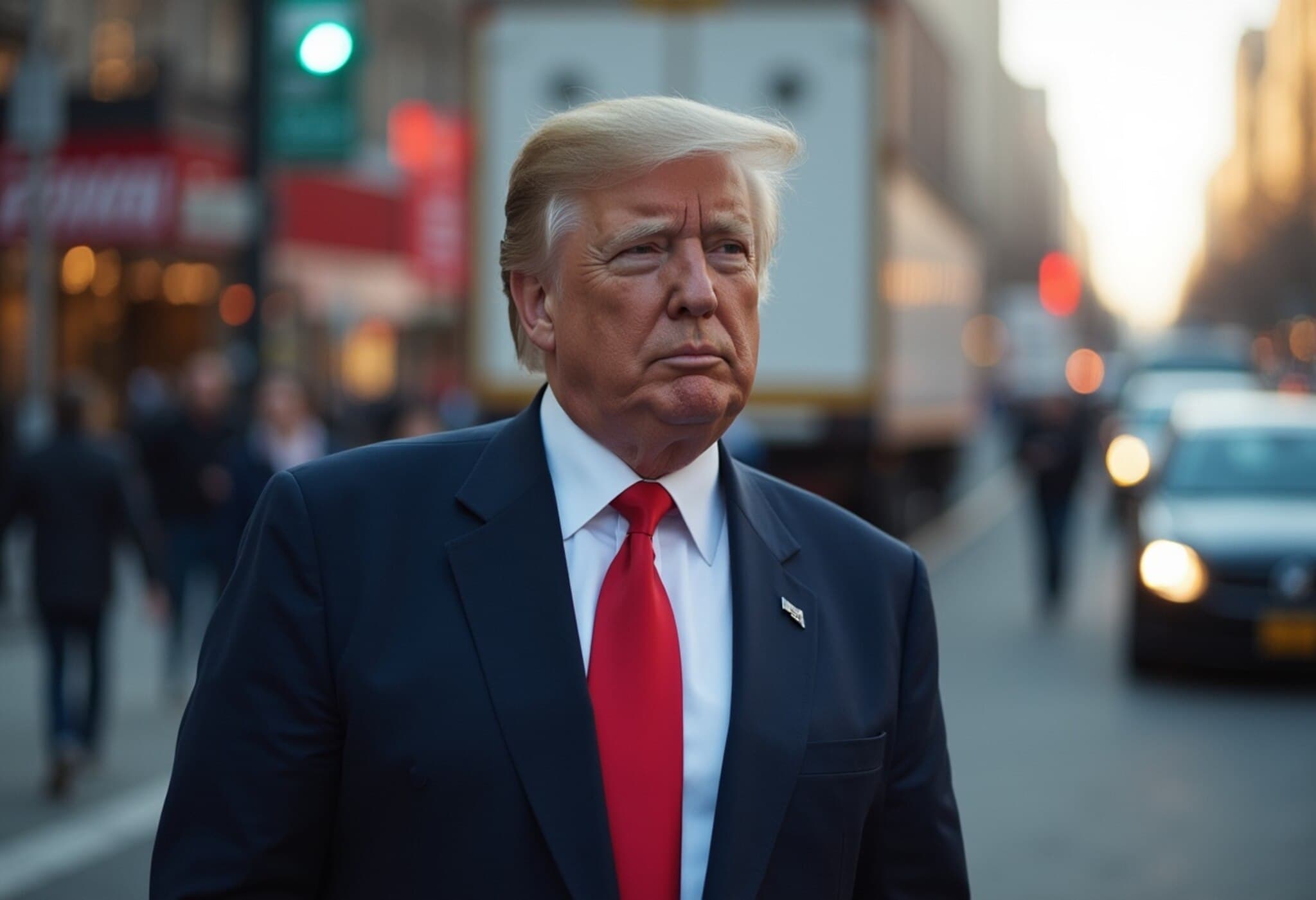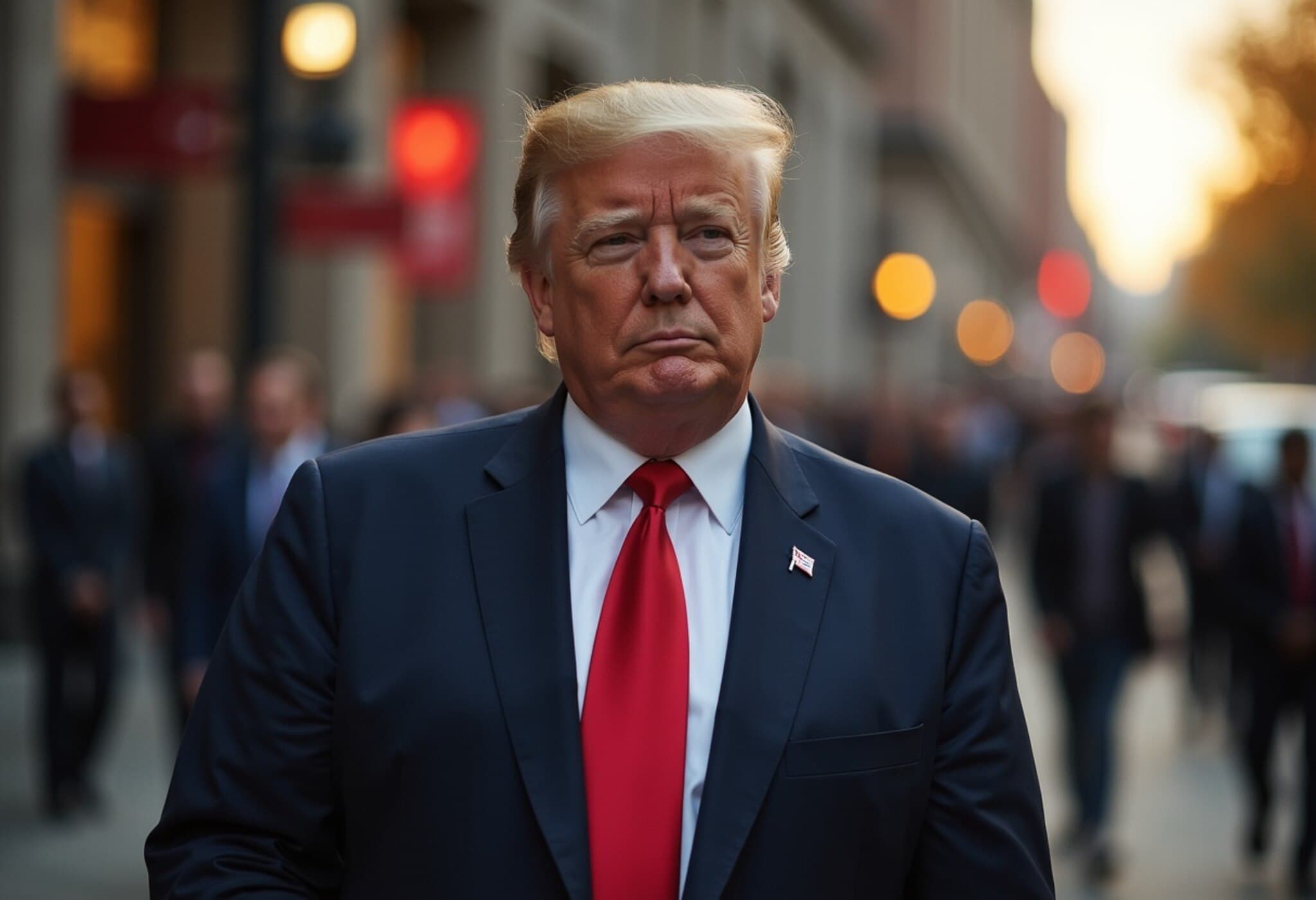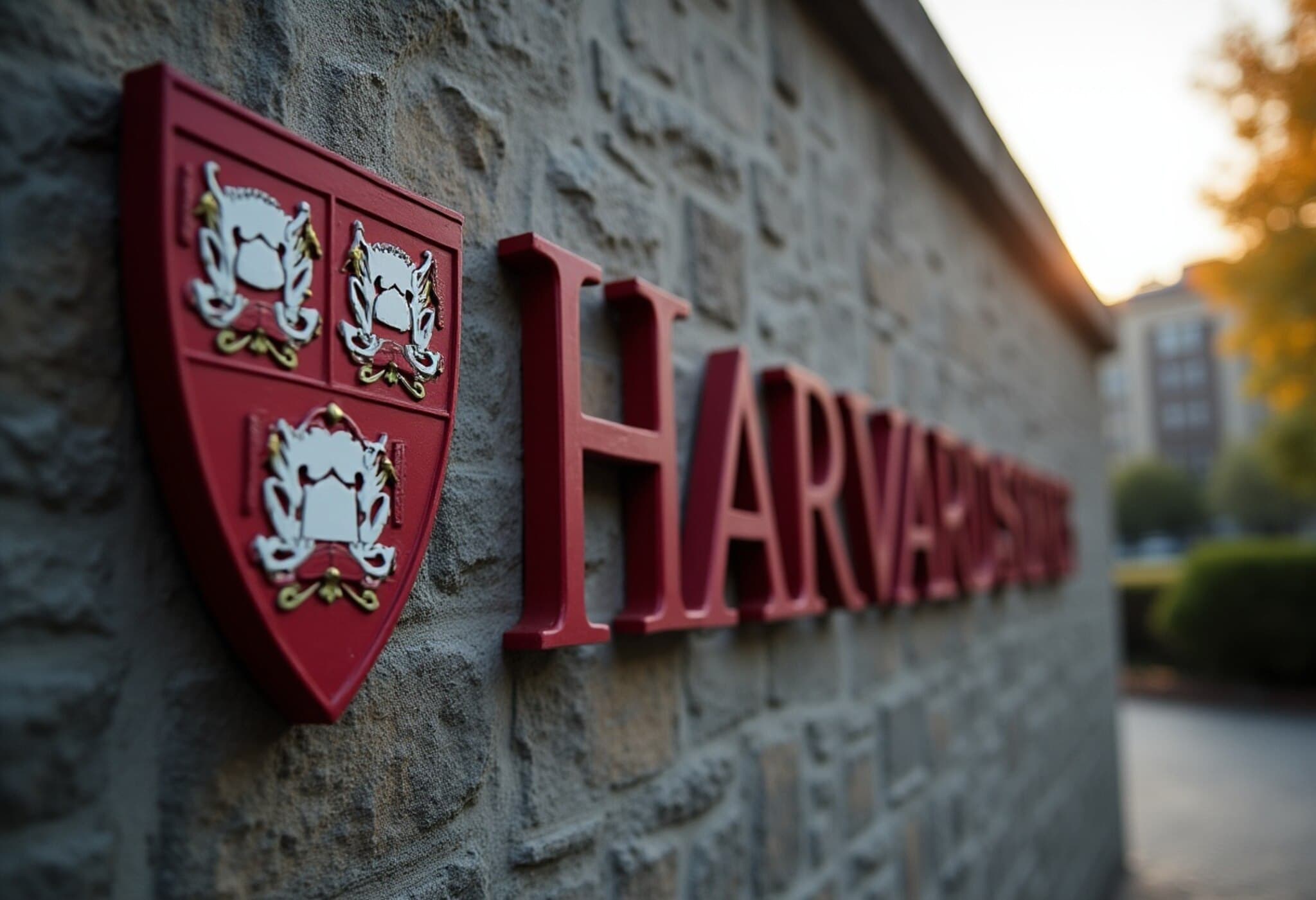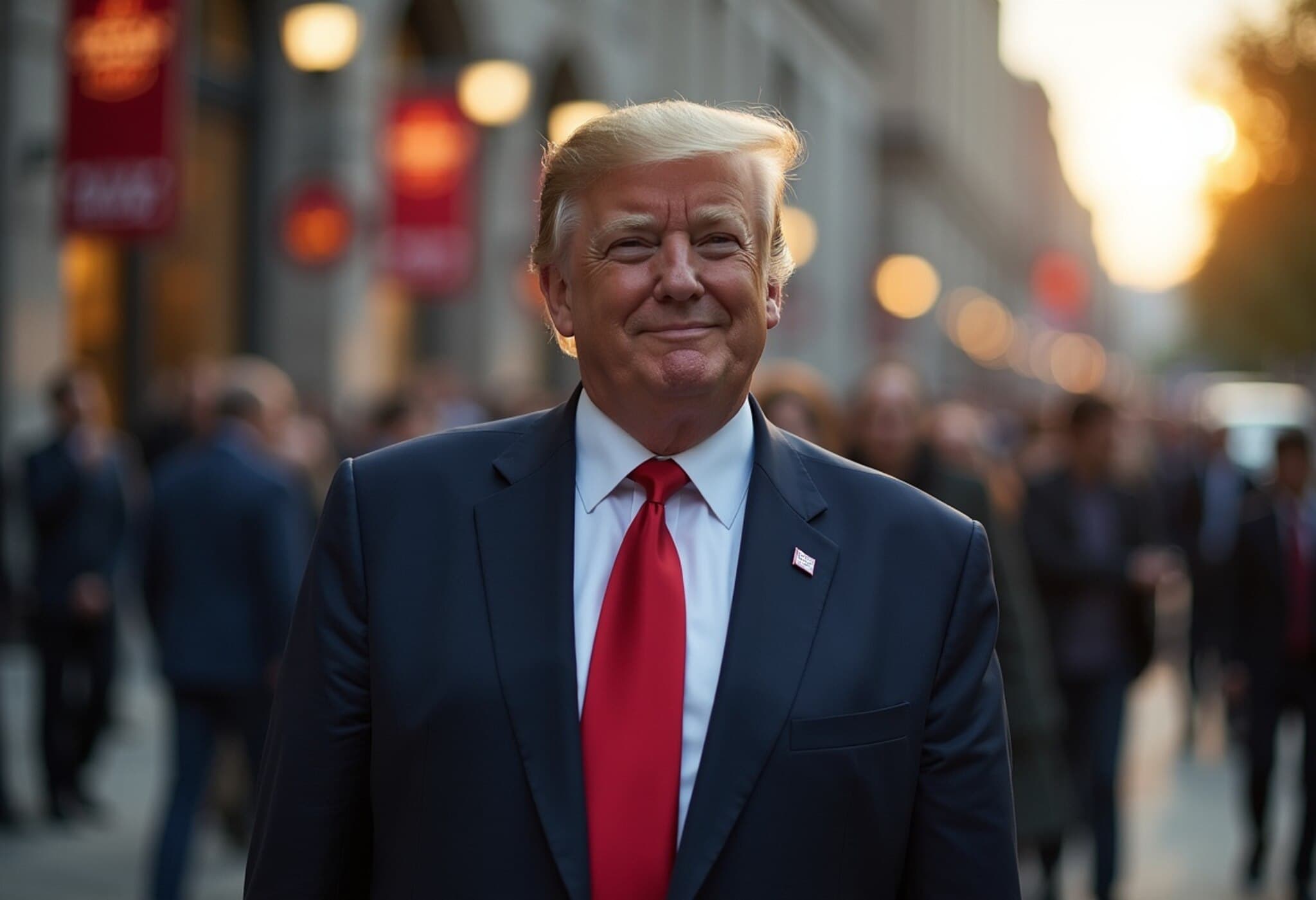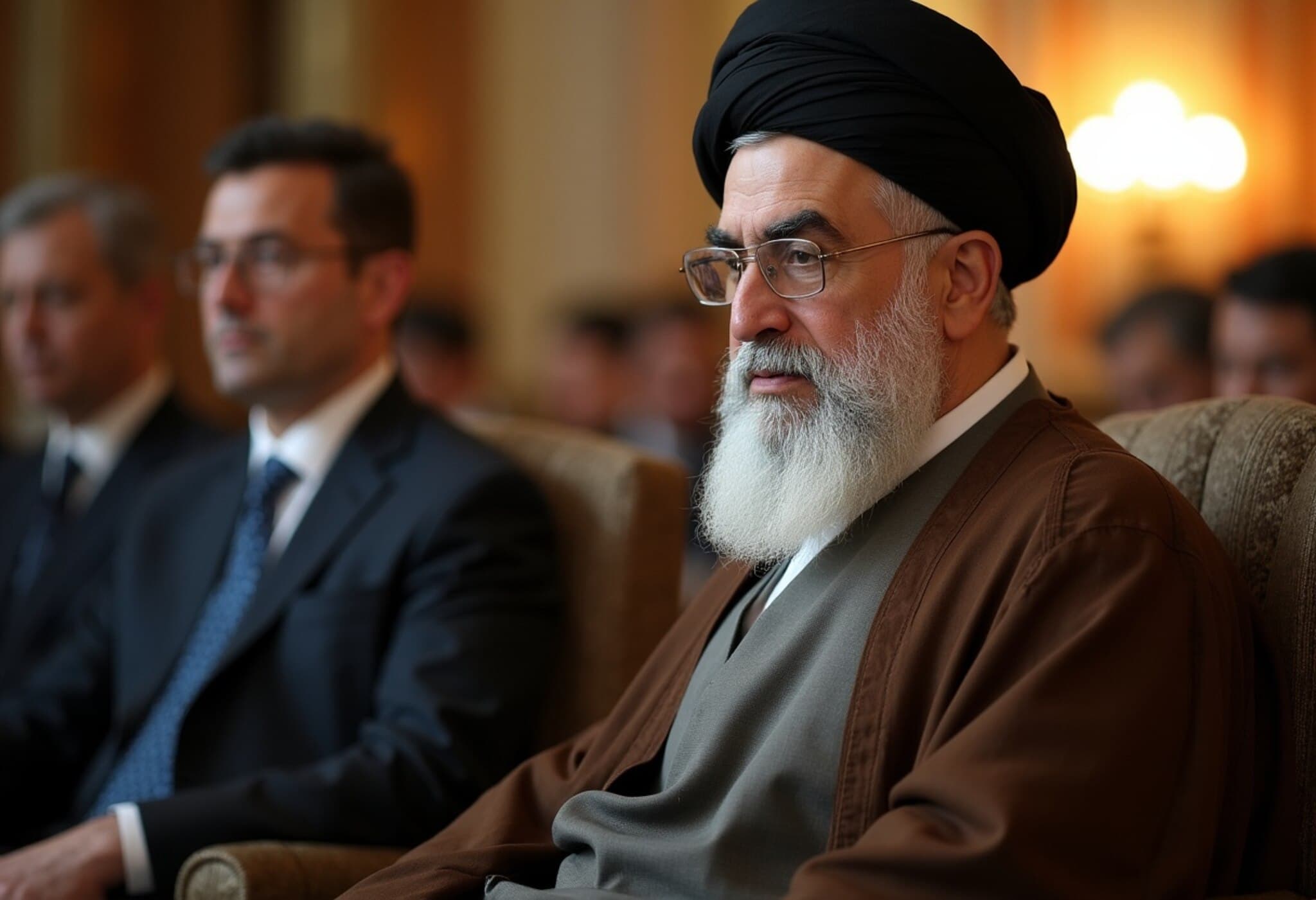Trump Signals Possible Breakthrough in Harvard Legal Battle
After months of intense legal wrangling between Harvard University and former President Donald Trump's administration, signs of a potential resolution are emerging. Trump, through a post on his social media platform, hinted that a "mindbogglingly historic" deal with Harvard could be announced soon.
Background of the Conflict
The dispute escalated when Trump accused Harvard of not taking adequate action against antisemitism on campus, prompting his administration to cut nearly $2 billion in federal grants to the institution. Additionally, there was a controversial move to block Harvard from admitting international students—a significant measure given that foreign students constitute about 25% of Harvard's enrollment.
Harvard resisted these demands, challenging them in court as unconstitutional and an infringement on academic freedom. The university pursued legal action against the government to contest the fund freezes and the admissions restrictions.
Wider Impact on Other Universities
Harvard was not the only target. Other prestigious universities, including Northwestern, Cornell, and Columbia, also faced similar federal funding withdrawals tied to allegations connected to misconduct or administrative disputes.
The Recent Developments
In his post, Trump acknowledged ongoing negotiations, stating, "We have been working closely with Harvard, and it is very possible that a deal will be announced over the next week or so." He praised Harvard for "acting extremely appropriately" throughout the talks and emphasized their apparent commitment to rectifying the issue.
He added, "If a settlement is made on the basis that is currently being discussed, it will be 'mindbogglingly' historic, and very good for our country." This marked a notable shift from the previously adversarial stance.
Judicial Intervention and What Lies Ahead
Recently, a federal judge in Boston issued an injunction preventing the Department of Homeland Security from immediately revoking Harvard's ability to enroll international students. The ruling requires the department to undertake a detailed administrative process before such an action can take effect—a process expected to stretch over several months.
This judicial decision provides breathing room for both parties to negotiate a possible settlement, potentially ending the legal tug of war that has dominated headlines.
Looking Forward
While details remain under wraps, this emerging deal could reshape the relationship between higher education institutions and federal authorities regarding funding and enrollment policies. The outcome may have far-reaching implications for universities nationwide, especially regarding academic freedom and the treatment of international students.

